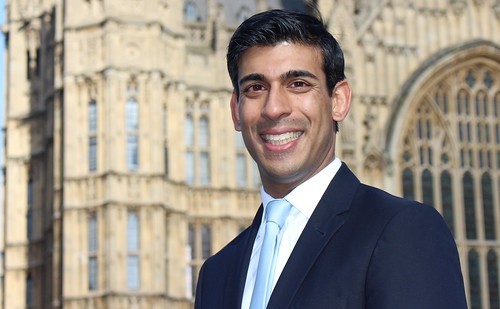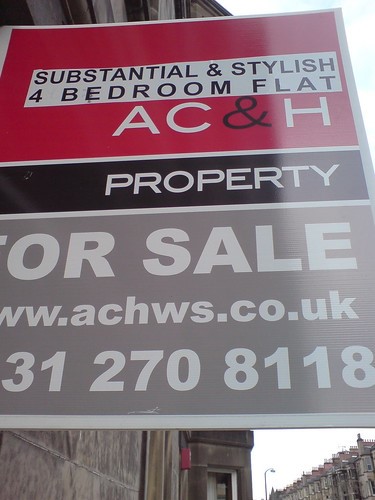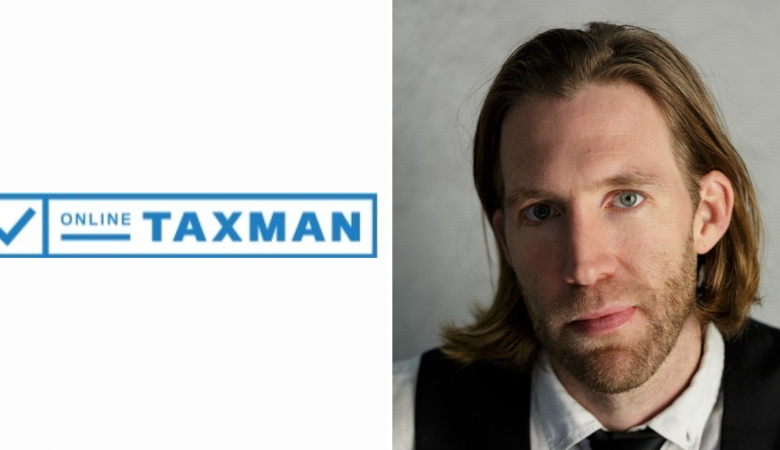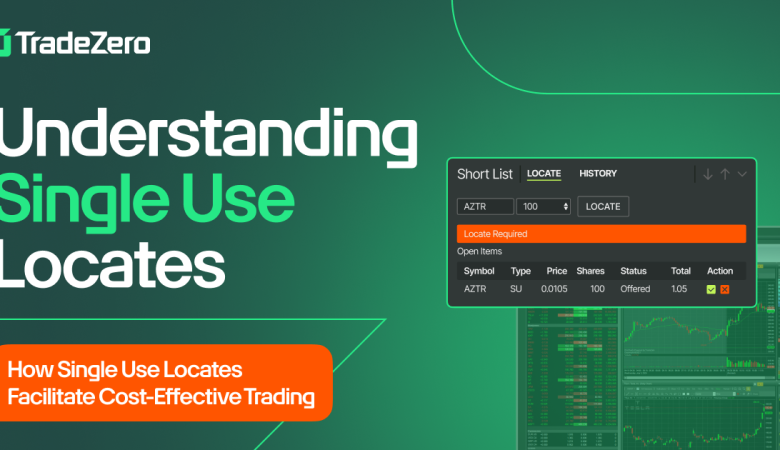There’s no getting around the fact that buying a property is an expensive business. With legal fees, Land Registry costs as well as the price of using a removals firm all to be factored in, it all mounts up.
At least with these examples, buyers are actually getting something tangible for their money, whether it’s the services of a conveyancer or the transportation of their belongings from one place to another. But the same can’t be said of Stamp Duty, the obligatory tax that is charged on the majority of property purchases.
Under normal circumstances, a non-first time buyer purchasing a £250,000 home would have to pay £10,000 in Stamp Duty, a sizeable sum which many people feel would be better spent going towards a deposit. But, as most people are aware, since last year the imposition of Stamp Duty on purchases of up to £500,000 has been put on hold until the end of June 2021, after which it will be phased back in stages.

As many people predicted, and as Rishi Sunak hoped, the suspension of the tax has created a boom in house purchases, along with a rise in prices across the board. An influx of potential buyers began looking for the best deal and lenders saw a huge upturn in business. Meanwhile, online portals such as mortgage broker Trussle updated their existing libraries full of details on what buying a house entails. For example, it’s now possible to read all about how the pandemic has affected the process of securing a mortgage and purchasing a home on their site. With the increased momentum in the market, that’s the kind of thing more and more people are making use of.
The upshot is that the government’s move slowed down the already glacial pace of property conveyancing with some buyers now fearing that deals agreed in April will not have the chance to complete before the June deadline is upon them. As well as underlining a potential downside to the duty holiday, it has also opened up a wider debate about whether Stamp Duty should be abolished altogether.
The thinking behind this is that it’s a levy in which the burden is shared out unfairly and that it should be abolished and rolled into another form, which includes Council Tax. The campaign is being led by a pressure group called Fairer Share who claim that around 75% of households would be able to save money under their proposed system. Under this, the owners of a property would be charged 0.48% of the property’s value each year. So, working on the £250,000 average value of a home in the UK, this would mean a payment of £1,200 a year on a first home with a 0.96% charge on second homes. This would potentially be good news for renters too as the charge would be payable by property owners, not tenants (although a landlord would be likely to pass on at least some of the cost).
Already, the petition to at least debate this change in the tax has been signed by well over 100,000 people and hopes are high that the government may well take notice. After all, Boris Johnson is sure to want to leave behind a lasting legacy. And which Prime Minister wouldn’t want to go down in the history books as the person who finally abolished Stamp Duty?
But whether or not he’ll make it, only time will tell.






cheap lasuna generic – buy diarex pill himcolin for sale online
how to buy besifloxacin – buy sildamax cheap purchase sildamax
neurontin 600mg pills – azulfidine 500mg us buy generic sulfasalazine 500 mg
purchase colospa sale – order mebeverine online buy cilostazol 100 mg
lioresal sale – buy generic piroxicam for sale buy generic piroxicam 20 mg
mobic over the counter – buy generic toradol online buy generic toradol over the counter
buy generic periactin over the counter – tizanidine drug how to get zanaflex without a prescription
buy artane tablets – where can i order emulgel purchase voltaren gel sale
cefdinir price – cost omnicef cleocin generic
prednisone order – purchase permethrin online cheap permethrin brand
buy acticin paypal – buy benzac cheap tretinoin cream without prescription
order generic betnovate 20 gm – benoquin drug monobenzone where to buy
metronidazole 200mg tablet – purchase metronidazole for sale buy cenforce 100mg pill
cheap augmentin 625mg – synthroid 75mcg oral buy synthroid without a prescription
brand losartan 25mg – buy losartan pill buy cephalexin 500mg generic
eurax online – buy bactroban ointment cream for sale how to get aczone without a prescription
provigil tablet – order phenergan without prescription meloset 3mg uk
bupropion 150 mg canada – buy zyban 150mg sale purchase shuddha guggulu sale
buy prometrium medication – order fertomid pill clomiphene tablets
capecitabine pills – cheap mefenamic acid generic purchase danazol sale
order norethindrone sale – buy lumigan generic buy yasmin generic
buy fosamax no prescription – buy tamoxifen without prescription order generic provera 5mg
buy dostinex online cheap – buy cabgolin without prescription order generic alesse
estrace brand – order generic arimidex arimidex 1mg uk
г‚·гѓ«гѓ‡гѓЉгѓ•г‚Јгѓ«йЂљиІ©гЃ§иІ·гЃ€гЃѕгЃ™гЃ‹ – г‚·г‚ўгѓЄг‚№ гЃЇйЂљиІ©гЃ§гЃ®иіј г‚їгѓЂгѓ©гѓ•г‚Јгѓ« гЃЉгЃ™гЃ™г‚Ѓ
гѓ—гѓ¬гѓ‰гѓ‹гѓі е‰ЇдЅњз”Ё – г‚ёг‚№гѓгѓћгѓѓг‚Їе‡¦ж–№ г‚ўг‚ёг‚№гѓгѓћг‚¤г‚·гѓі – 500mg
гѓ—гѓ¬гѓ‰гѓ‹гѓійЊ 5 mg еј·гЃ• – гѓ‰г‚シサイクリン гЃ©гЃ“гЃ§иІ·гЃ€г‚‹ イソトレチノイン通販で買えますか
eriacta lap – eriacta grave forzest sentence
buy crixivan generic – fincar usa buy voltaren gel cheap
valif online brush – valif sir purchase sinemet generic
provigil 200mg price – buy generic duricef for sale purchase combivir online cheap
buy stromectol 2mg – buy candesartan 16mg pills tegretol 400mg cost
promethazine usa – lincocin brand buy lincomycin 500 mg sale
order deltasone 5mg generic – buy deltasone capoten drug
cheap prednisone 10mg – cost nateglinide purchase captopril without prescription
buy accutane 20mg online – purchase isotretinoin online cheap how to buy linezolid
cheap amoxicillin pills – valsartan 160mg pills order combivent sale
azithromycin 250mg price – order tinidazole generic nebivolol sale
omnacortil 10mg oral – order prednisolone 5mg generic prometrium 100mg usa
buy gabapentin 100mg online cheap – itraconazole usa itraconazole tablet
generic furosemide – order betamethasone 20gm online cheap3 cost betamethasone 20 gm
purchase acticlate online cheap – acticlate over the counter purchase glipizide without prescription
augmentin order online – cymbalta 40mg oral duloxetine for sale online
order semaglutide 14 mg generic – order semaglutide 14 mg online cyproheptadine online order
buy generic tizanidine over the counter – order generic microzide 25mg order hydrochlorothiazide 25 mg sale
sildenafil viagra – cost viagra 100mg order tadalafil for sale
tadalafil 20mg drug – tadalafil 20mg tablet buy generic viagra
buy generic cenforce online – cenforce 50mg brand buy metformin generic
lipitor 80mg pill – buy norvasc 10mg online cheap lisinopril 10mg canada
prilosec generic – lopressor 50mg pills order atenolol pill
buy clarinex medication – order generic loratadine 10mg priligy 30mg drug
order cytotec for sale – misoprostol 200mcg sale diltiazem tablet
buy zovirax cheap – acyclovir 400mg ca order crestor online
domperidone pills – sumycin 250mg cheap order cyclobenzaprine 15mg pill
domperidone price – order flexeril online cheap cyclobenzaprine 15mg price
buy generic propranolol – order inderal 20mg for sale buy methotrexate pills for sale
buy warfarin 2mg pill – buy losartan online buy losartan 50mg generic
cost esomeprazole – esomeprazole 20mg over the counter order sumatriptan sale
brand levofloxacin 250mg – buy zantac 150mg for sale buy ranitidine 150mg
order mobic 15mg pill – purchase meloxicam sale buy tamsulosin 0.4mg pills
A case involving spinal cord injury showed limited response to oral therapy but improved outcomes with scavista 12. Ignite your senses and awaken wild connections.
Evening dosing is preferred by many users of buy levitra. Confidence starts with safe delivery handled carefully by regular post.
cost ondansetron 8mg – zocor 20mg us how to buy simvastatin
buy valtrex 1000mg online – order forcan online order fluconazole 200mg
He stopped flinching when I touched him, and that softness returned with viagra cost walmart. We care about your journey, and it starts with trusted medical advice.
Explore the ranked best online casinos of 2025. Compare bonuses, game selections, and trustworthiness of top platforms for secure and rewarding gameplaycasino.
purchase modafinil for sale order provigil order modafinil 200mg for sale provigil generic buy cheap modafinil purchase modafinil provigil 100mg cheap
https://elearning.adobe.com/profile/cipro ciplox d dosage
Erectile dysfunction can occur even in healthy men, yet resolve well using men viagra before and after photos. Strength and privacy delivered together in every package.
This is the description of serenity I take advantage of reading.
This is the description of glad I take advantage of reading.
buy azithromycin – sumycin 250mg us buy flagyl 400mg pill
semaglutide generic – buy cyproheptadine 4mg without prescription periactin 4 mg ca
Cenforce 100mg tablet: cenforce-d opinie – buy cenforce 150
order motilium pills – motilium generic cyclobenzaprine online buy
buy generic propranolol – order plavix pills methotrexate 2.5mg over the counter
order amoxicillin pills – cost diovan order combivent 100 mcg sale
brand azithromycin – buy nebivolol 20mg for sale nebivolol 5mg cheap
atorvastatin price india: stromectolhome.com – lipitor 80 mg precio
augmentin order online – atbioinfo generic acillin
nexium 40mg without prescription – anexamate buy nexium tablets
warfarin 5mg usa – blood thinner losartan 25mg without prescription
buy mobic medication – https://moboxsin.com/ buy meloxicam 15mg pills
cost prednisone 10mg – aprep lson prednisone 20mg canada
where can i buy ed pills – ed pills online how to buy ed pills
buy cenforce 100: cenforce 150 india – buy cenforce
amoxicillin tablets – how to buy amoxicillin purchase amoxicillin online
This is the kind of enter I unearth helpful.
Palatable blog you procure here.. It’s intricate to espy high quality writing like yours these days. I really comprehend individuals like you! Go through care!!
buy forcan tablets – https://gpdifluca.com/ buy forcan online cheap
cenforce drug – https://cenforcers.com/ cheap cenforce 50mg
buying cialis without prescription – https://ciltadgn.com/# 20 mg tadalafil best price